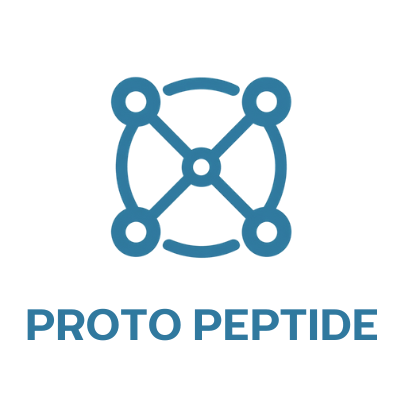TB500 (Thymosin B4 Acetate) and Inflammation Modulation
TB500 (Thymosin B4 Acetate) is increasingly studied for its role in controlling inflammation in laboratory research. By regulating cytokine activity and promoting tissue repair, it provides a model for examining anti-inflammatory peptide therapies.
Mechanism of Action
TB500 reduces pro-inflammatory markers while enhancing cellular migration to injured sites. This dual effect supports accelerated healing and tissue remodeling in preclinical studies.
Experimental Applications
- Studying inflammation reduction in tendon and muscle injuries
- Evaluating peptide therapies for autoimmune and chronic inflammatory conditions
- Comparing single-peptide vs. combination-peptide effects, including BPC-157 or GHK-CU + TB500 + BPC157
Synergistic Effects in Peptide Blends
Combining TB500 with other peptides may enhance anti-inflammatory and regenerative outcomes. Researchers use these blends to investigate improved tissue recovery models and potential therapeutic applications.
Conclusion
TB500 offers a powerful tool for laboratory studies focusing on inflammation, tissue repair, and peptide-based therapies. Its unique regenerative properties make it a cornerstone of experimental healing research. Here at ProtoPeptide, and our products are supported by independent lab testing. Our focus is on precision and reliability, giving Canadian researchers peace of mind. All peptides are for research use only and handled under strict quality assurance. We also make it easy by offering bundle options to simplify your lab setup.
Disclaimer
This content is for informational and research-related purposes only. The peptides mentioned in this article are intended strictly for use in controlled laboratory settings by qualified professionals. It is not approved for human or veterinary use. Always follow your institution’s guidelines and consult safety data sheets (SDS) before handling any research chemical.
